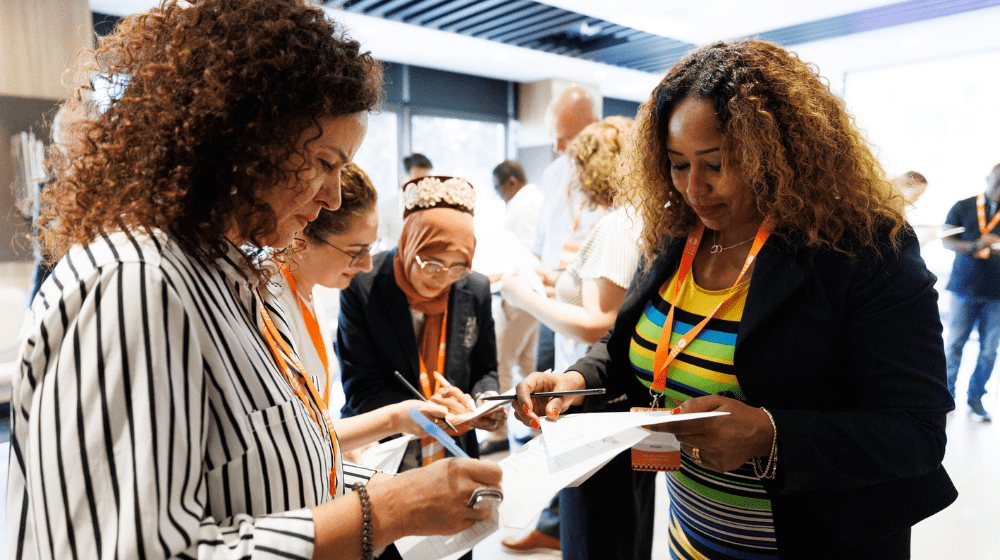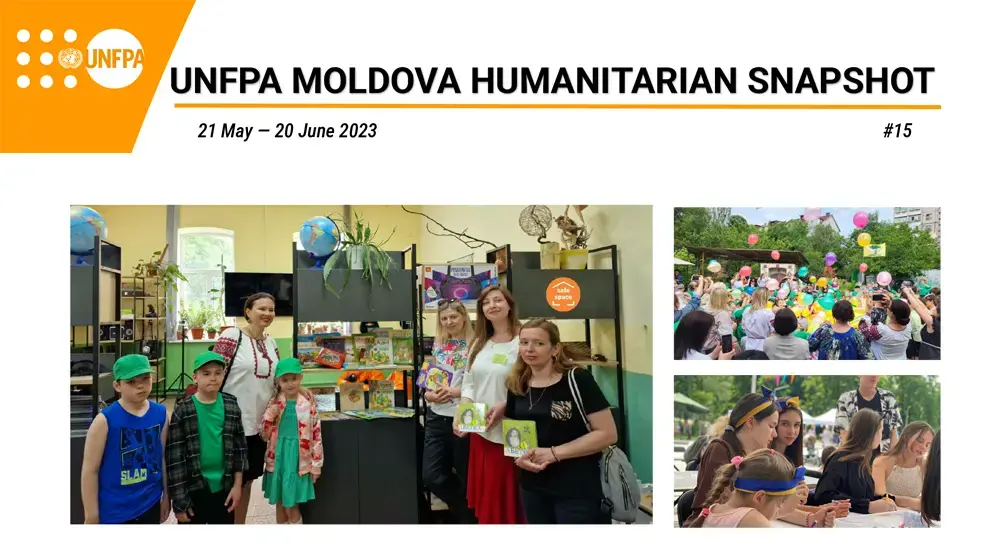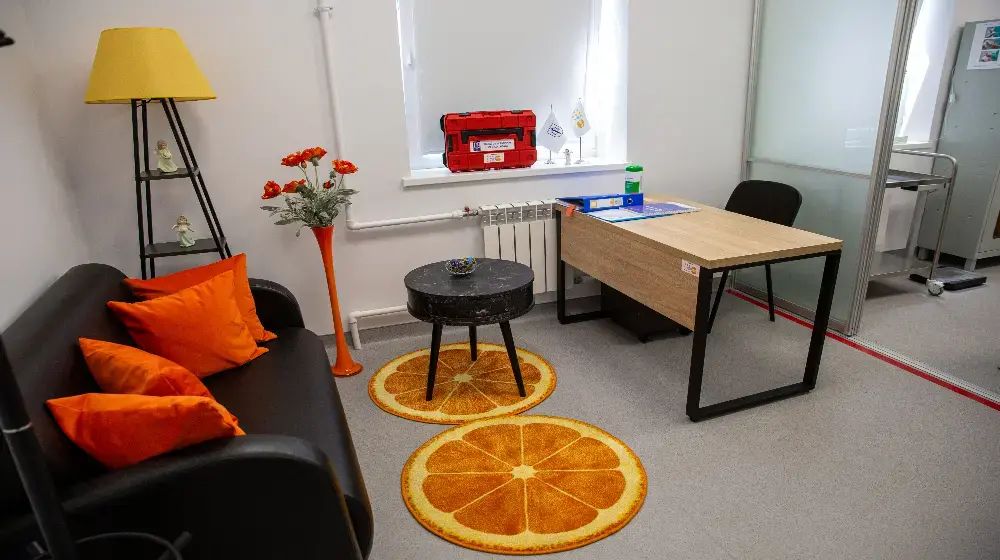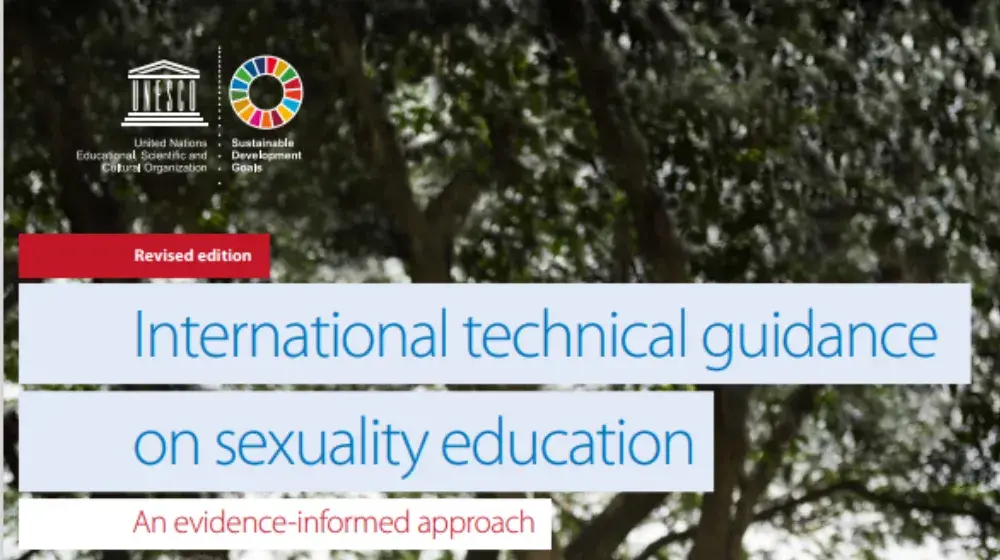The Republic of Moldova hosted a global meeting that brought together 60 experts from civil society, the academic community, UNFPA (United Nations Population Fund), and the World Health Organization (WHO) from 18 countries. From October 2nd to 7th, participants exchanged experiences and best practices in the field of comprehensive reproductive health education programs for left behind populations of adolescents and youth, including those with disabilities, young people living with HIV, young refugees, etc. Through access to comprehensive reproductive health education adolescents and young people develop healthy life skills, make informed and responsible decisions about their sexuality, and have the ability to freely exercise their bodily autonomy.
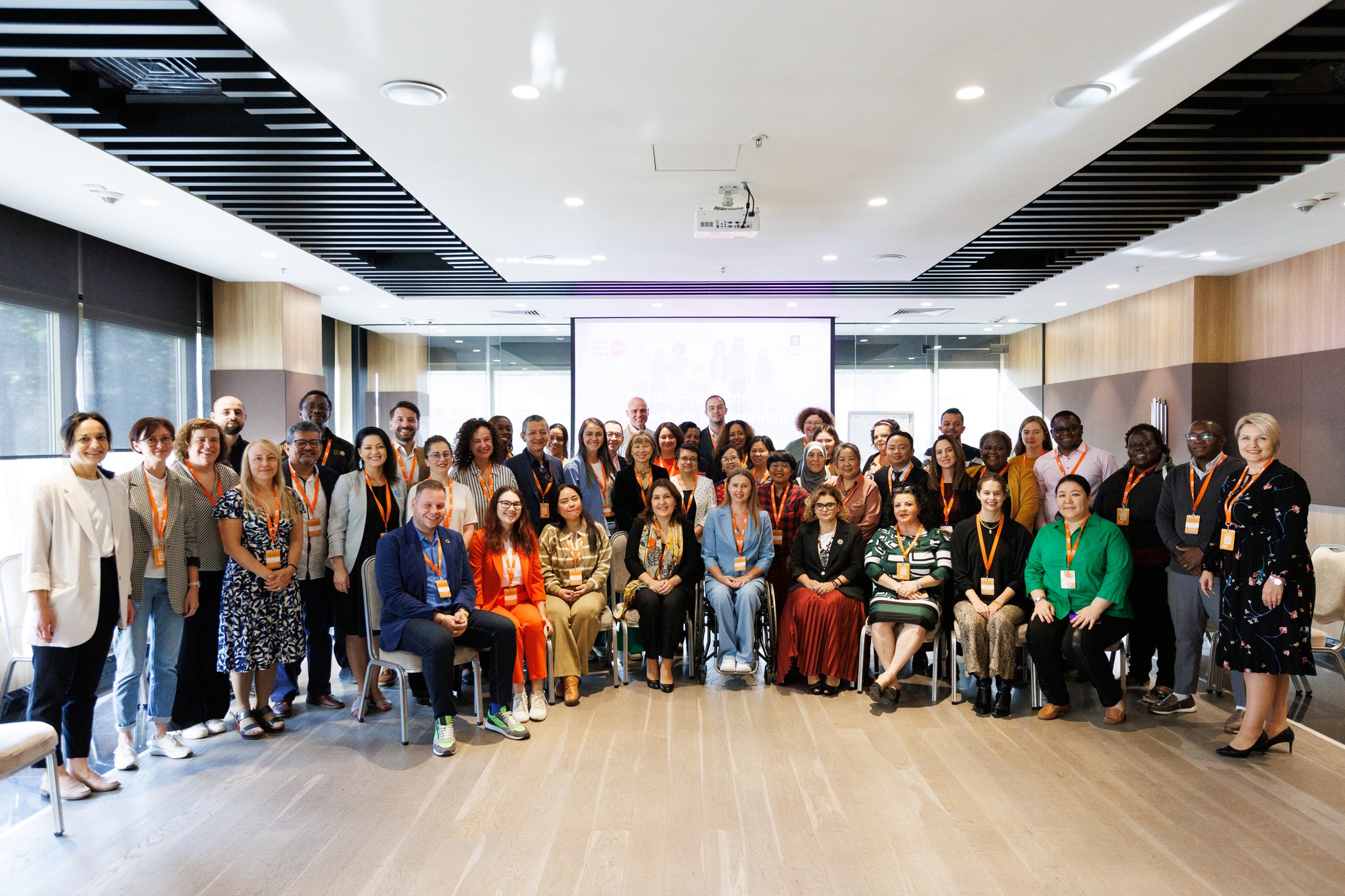
Training and Knowledge Sharing
The program's first two days included training workshops aimed at enhancing participants' capacity in planning and implementing comprehensive reproductive health education programs for left-behind youth, with a particular focus on young people living with HIV and those with disabilities. Additionally, each country had the opportunity to share its experiences in developing and implementing similar programs, as well as the educational resources created to address the learning needs of target groups.
Nigina Abaszada, UNFPA Moldova Country Representative, emphasized the importance of supporting adolescents and youth in realizing their reproductive health rights. She also expressed her appreciation for the organization of the global event in the Republic of Moldova and the Eastern European region, where the context underscores the need for increased attention to the younger generation to ensure demographic resilience in countries. "By sharing experiences, we can enhance our intervention programs to support young people in their safe transition to adulthood and the development of resilience in both girls and boys amid multiple crises and societal changes," she stated.
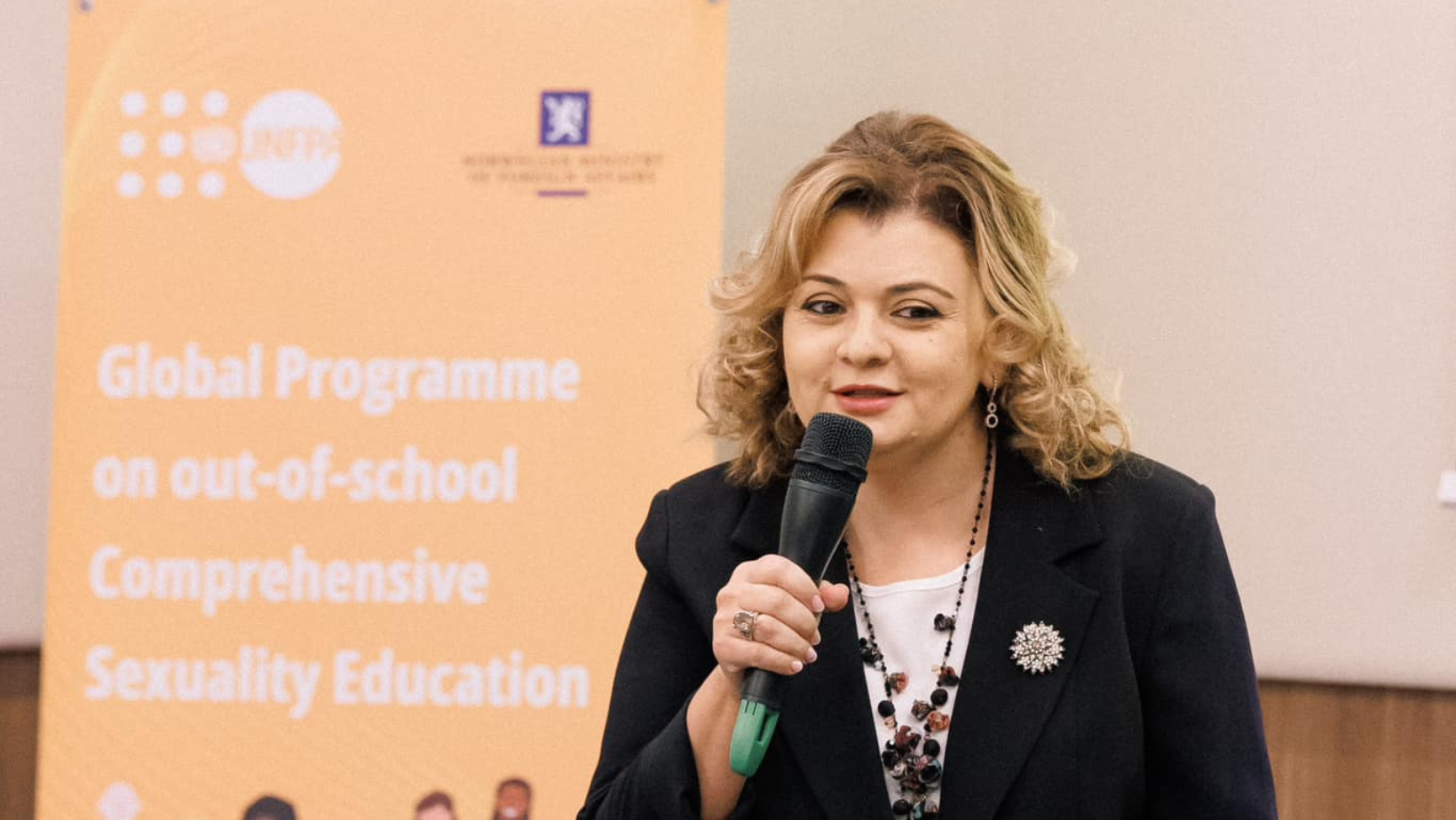
Promising practices and Field Visits: Youth-friendly health centers and Safe Spaces designed for adolescent and young refugee individuals were points of interest for foreign guests.
In addition to access to education, access to reproductive health services for young people is crucial. Workshop participants familiarized themselves with the services offered by Youth Klinic Moldova, a network of 41 youth-friendly health centers providing specialized support for adolescent and youth health issues, including access to reproductive health services, contraception, HIV testing, and more. Services are provided free of charge to adolescents and young people aged 10-24, with costs covered by the national public budget. Participants also visited UNFPA's Orange Safe Spaces in Moldova, established close to refugee centers, designed to support the integration of Ukrainian refugees (adolescents, youth, and their families) by developing life skills and providing access to health education.
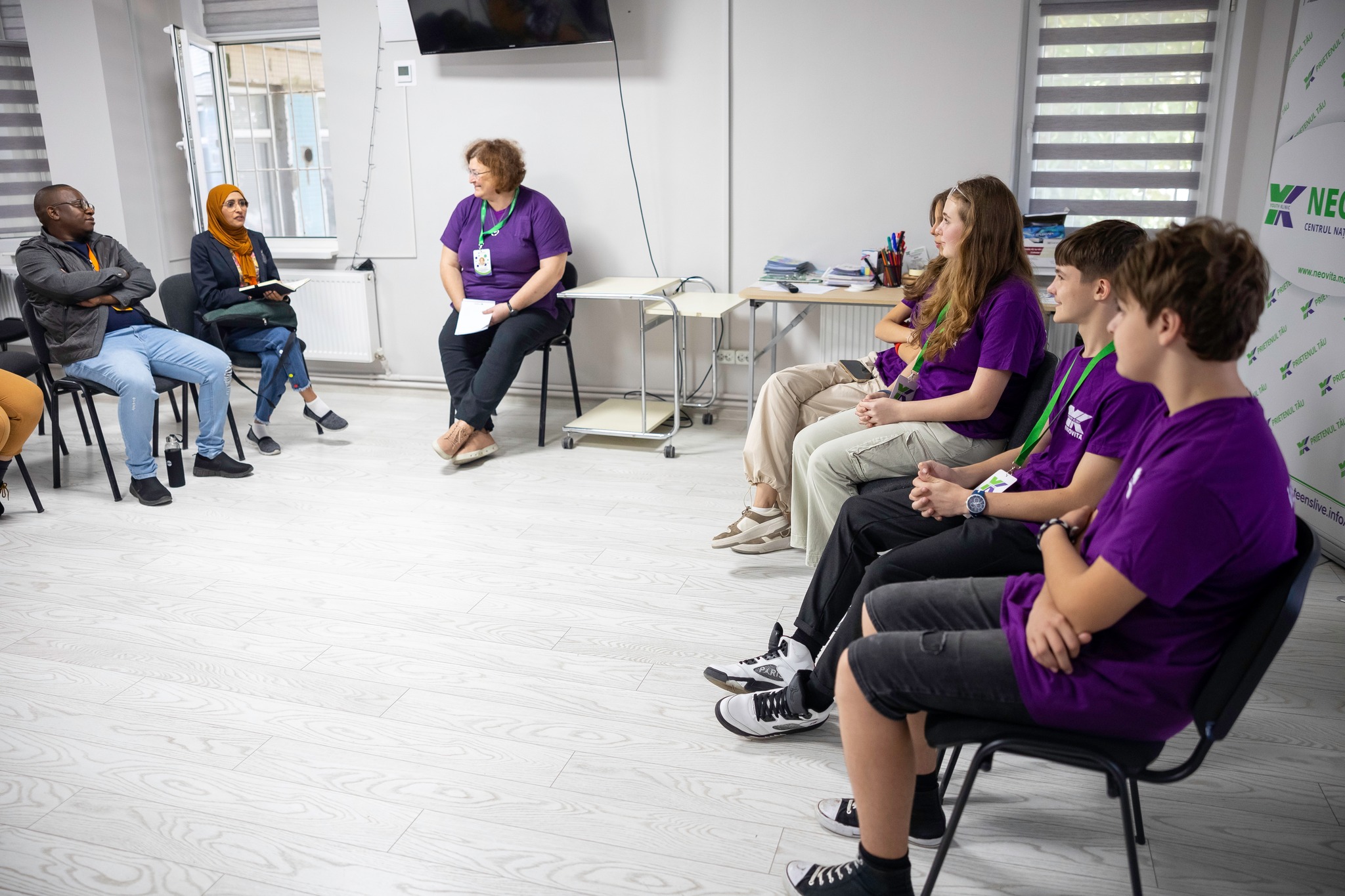
The experts engaged in discussions with specialists and volunteers, learning details about the services offered and how they can be accessed by young people. They asked questions and expressed interest in the operational aspects, as many of them stated that they did not have such services in their countries and would be interested in adopting them. "The field visits to Youth Klinik and Safe Space were an inspirational experience for me. I witnessed a healthcare system responsive to the needs of young people, with dedicated staff and volunteers," said Harjana Anom, a researcher from Indonesia.
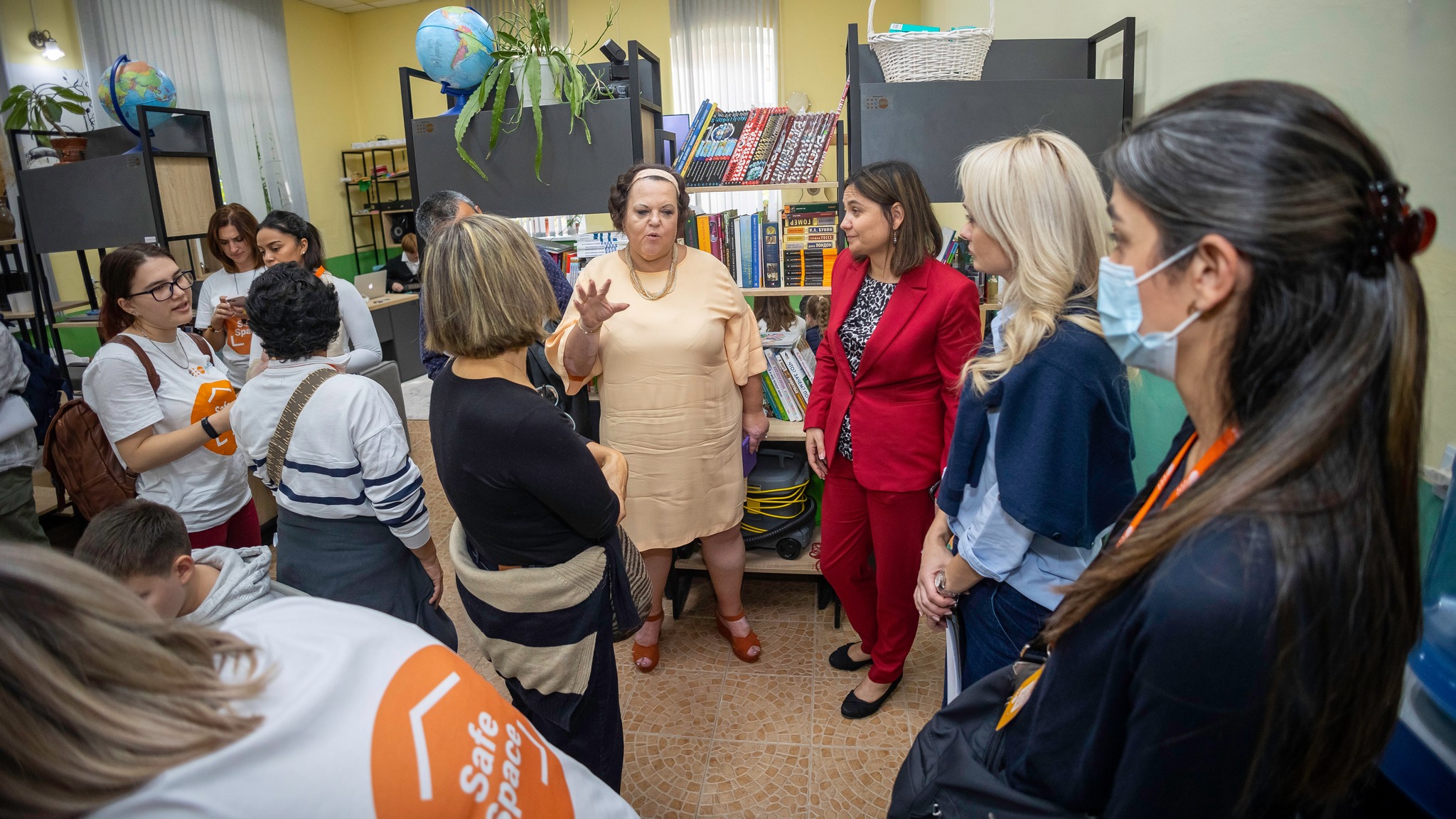
Research Tools for More Effective Planning
The final part of the workshop focused on the research component, with planning and implementing evidence-based programs being an essential working principle for UNFPA. Experts analyzed the reasons why research and monitoring of program implementation, as well as the analysis of program results, are crucial for maximizing the impact of activities and updating interventions to meet the needs of young people. Under the guidance of trainers, participants jointly developed an implementation and evaluation framework, including research and monitoring activities for the second phase of the global program.
"Participating in this workshop was a remarkable experience that brought us real benefits as professionals working in youth health. We are now empowered to provide efficient and inclusive support through our mobile clinic and youth-friendly clinics in Tunisia. We are confident that we can guide and educate young people on reproductive health," stated Nessrine Ounissi, Program Coordinator at the Tunisian Association for Reproductive Health.
"The workshop in Moldova was an excellent opportunity to learn about the activities carried out in this field by institutions in different countries worldwide with the support of UNFPA. It also helped us better understand the complexity of the challenges in the field of comprehensive reproductive health education for young people with disabilities and those living with HIV. It was very useful to make progress in designing the second phase of implementation research together with colleagues from different continents," said Jair Vega, a researcher from Colombia.
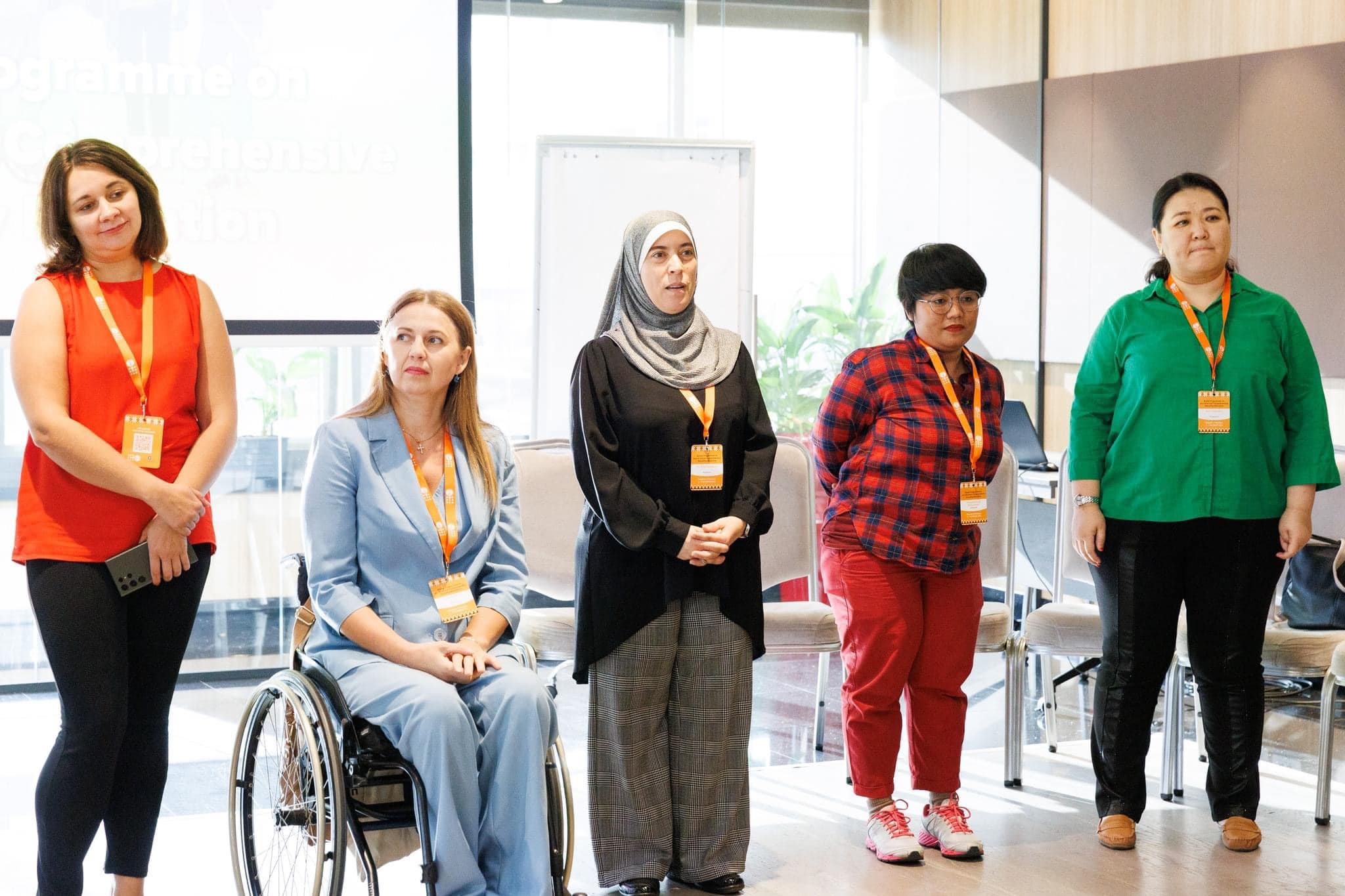
In 2022, UNFPA launched the second phase of the Global Program for comprehensive reproductive health education for Adolescents and Youth. The aim is to empower marginalized adolescents and youth, including those living with HIV and those with disabilities, with information and skills through extracurricular comprehensive reproductive health education. This empowers them to make informed choices regarding their reproductive health, rights, and well-being.
The global workshop was organized within the framework of the UNFPA's Global Program for Comprehensive Reproductive Health Education for Adolescents and Youth, operational in 12 countries worldwide, including Moldova, with financial support from the Government of Norway.

